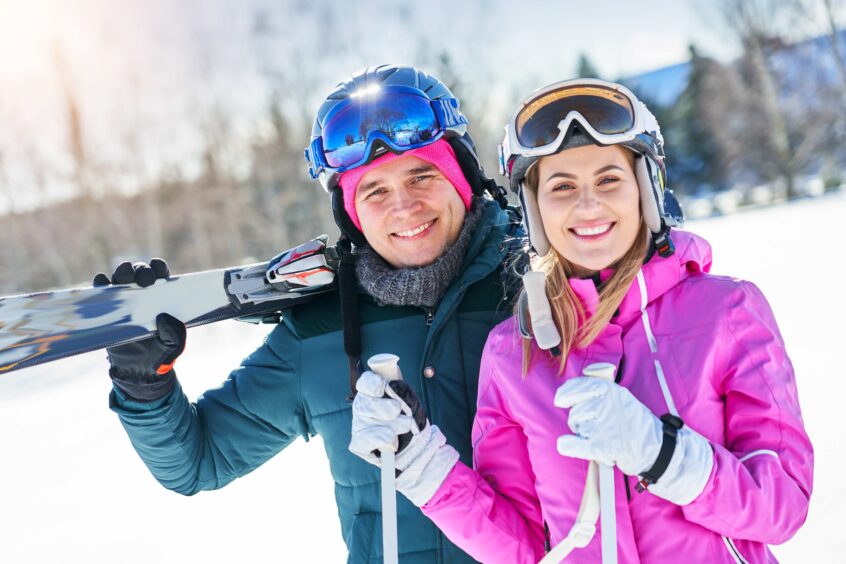As winter arrives, we prepare ourselves for outdoor activities such as skiing, snowboarding, and winter sports. However, it’s crucial to remember that cold weather and icy conditions can pose risks to our eyes. The combination of low temperatures, dry air, and UV radiation can lead to discomfort, dryness, and potential damage. In this blog, we will explore essential tips for protecting your eyes during winter outdoor activities.
Understanding Winter Eye Risks:
Winter brings a range of eye risks that outdoor enthusiasts should be aware of. The cold weather and dry air can cause dry eye, a condition where the eyes do not produce enough tears to stay properly lubricated. Furthermore, snow and ice can reflect UV radiation from the sun, increasing the risk of UV-related eye damage such as snow blindness and increased susceptibility to cataracts and macular degeneration.
Wear Protective Eyewear:
One of the most important steps in winter eye safety is wearing appropriate protective eyewear. Invest in goggles or sunglasses with UV protection to shield your eyes from harmful UV rays. Look for lenses that block 100% of UVA and UVB rays and choose a wrap-around style to provide maximum coverage and prevent wind and outdoor elements from reaching your eyes.
Keep Eyes Lubricated:
The cold, dry air can make your eyes more susceptible to occasional dryness and irritation. Combat this by incorporating Viteyes Tear Support into your routine. This specialized supplement is formulated with a premium blend of Omega-3, Borage Seed, Flaxseed Oil, and Turmeric. Omega-3 helps maintain a healthy tear film, while Borage Seed stimulates tear production, providing optimal hydration and relieving occasional dry eye caused by winter conditions.
Take Regular Breaks:
During winter activities, it’s easy to get caught up in the excitement and forget about giving your eyes a rest. However, taking regular breaks is essential for preventing eye strain and dryness.
Stay Hydrated:
Hydration is essential, not just for your overall well-being but also for your eye health. Drinking plenty of water helps maintain tear production and prevents dryness. In the winter, it’s easy to overlook hydration, so make a conscious effort to drink enough water before, during, and after your outdoor activities.
Protect from Wind and Cold:
Winter is synonymous with cold winds that can irritate and dry out your eyes. Wear a scarf, face mask, or goggles to shield your eyes from direct wind exposure. This will help retain moisture and prevent evaporation of tears, reducing the risk of dry eye symptoms.
Eat a Healthy Diet:
A balanced diet rich in essential nutrients is vital for overall eye health. Include foods high in
Omega-3 fatty acids, such as fatty fish, flaxseeds, and walnuts, to support tear production and reduce inflammation.
Winter eye safety is crucial for enjoying outdoor activities without compromising eye health. By following these essential tips, including wearing protective eyewear, taking regular breaks, and incorporating Viteyes Tear Support into your routine, you can safeguard your eyes and maintain optimal eye health during the winter months.
